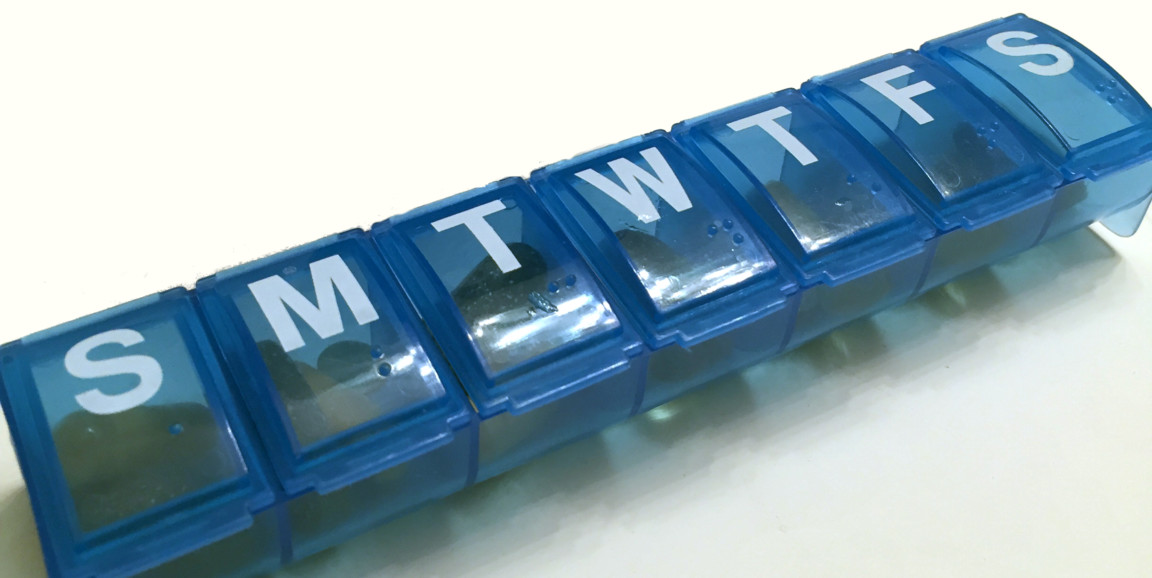A national panel of medical experts is recommending for the first time that clinicians offer daily preventive medication to patients who are at high risk of acquiring HIV/AIDS.
The U.S. Preventive Services Task Force estimates that 1.1 million Americans are currently living with HIV. More than 700,000 people have died from AIDS in the United States since the first cases were reported in 1981 and some 40,000 Americans are diagnosed with the virus each year.
Though HIV is treatable, there is still no vaccine and it has significant health consequences.
But the Task Force said in a published draft recommendation that it found “convincing evidence” that taking a daily pre-exposure prophylaxis, known as PrEP, provides a substantial benefit in decreasing the risk of HIV infection in people at high risk.
PrEP is a combination of two drugs, tenofovir disoproxil fumarate and emtricitabine, taken in one daily pill. The Centers for Disease Control and Prevention says that PrEP reduces the risk of getting HIV from sex by more than 90 percent and by 70 percent for intravenous drug users.
“Unfortunately, HIV is still a major problem in the United States,” said Stanford Health Policy’s Douglas Owens, vice-chairman of the Task Force, an independent, voluntary panel of experts in prevention and evidence-based medicine. “But the evidence on this daily treatment is that, if you take it properly, it’s very effective.”
The Task Force, whose recommendations are followed by primary care physicians and clinical practices across the country, gave the recommendation its highest grade, an A. But it noted that PrEP currently is not being used in many persons at high risk of HIV infection.
“We hope our recommendation will bring attention to a very effective preventative service,” Owens said. “We want clinicians to be aware that for patients at high risk of HIV, PrEP is an important preventive strategy to discuss.”
The global AIDS epidemic has slowed in recent year. AIDS-related deaths have been reduced by more than 50 percent since the peak of the AIDS crisis in 2004. In 2017, 940,000 people died from AIDS-related illnesses worldwide, compared to 1.4 million in 2010 and 1.9 million in 2004.
But many people remain at risk, including sex workers and people who have been trafficked.
The Task Force recommendation is only for those Americans who remain at high risk for contracting the virus, including:
- Sexually active men whose male partners are already living with HIV, or have a recent sexually transmitted infection such as syphilis, gonorrhea, or chlamydia;
- Heterosexual women and men who are sexually active and have an STI or partner living with HIV or who are inconsistent in their use of condoms with a partner at high risk of HIV;
- People who inject drugs and share drug injection equipment.
The Task Force reaffirmed its 2013 recommendation that people ages 15 to 65 and all pregnant women also be screened for HIV in an additional draft recommendation. Both recommendations are open for public comment until December 26.
Photo by NIAID




